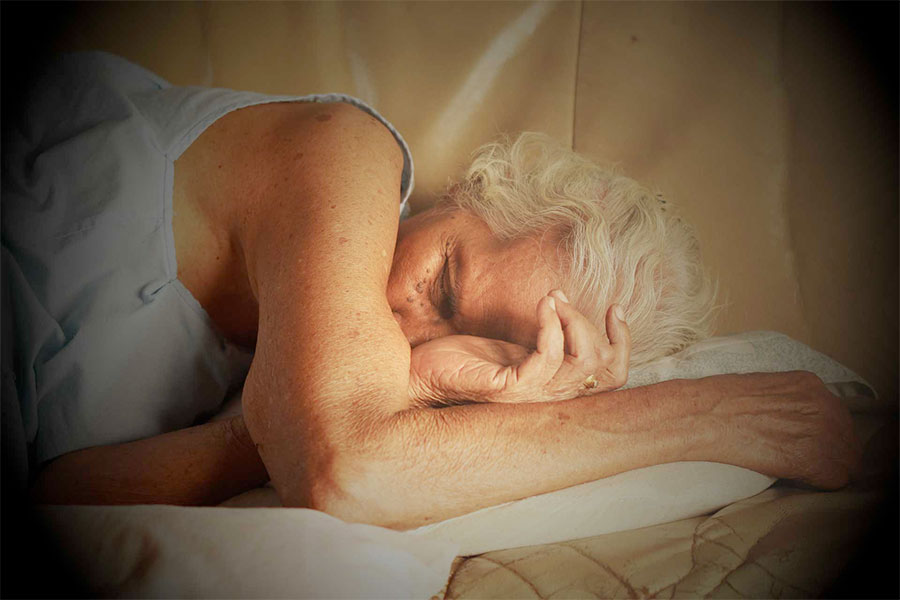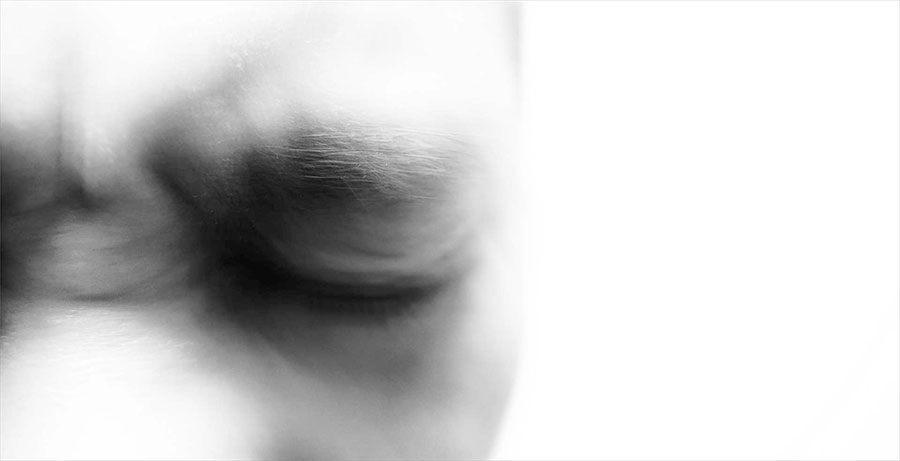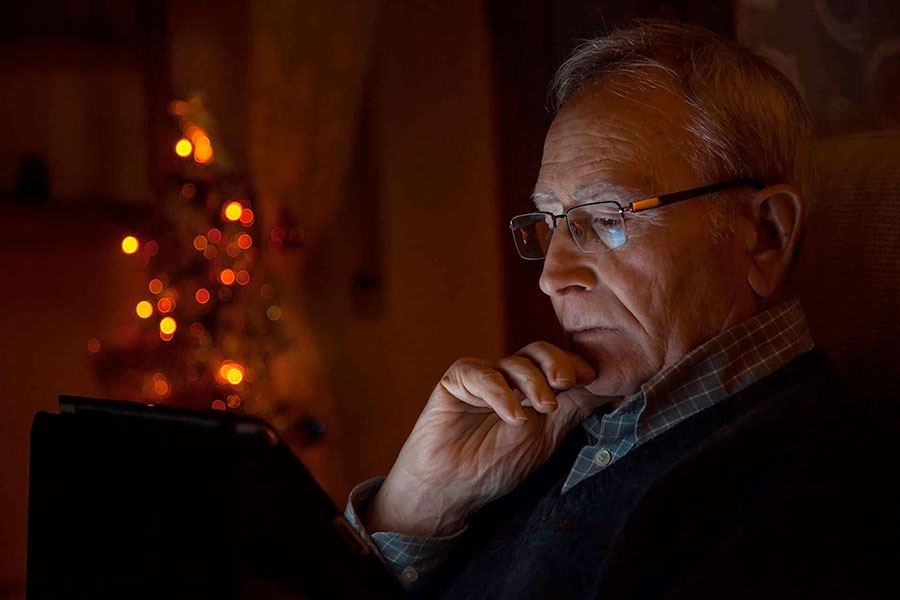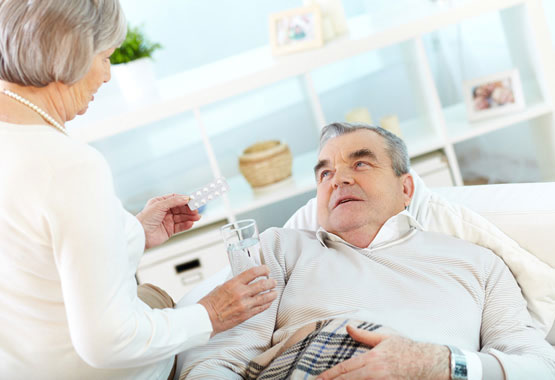· 8 min read
Sleep Disorder In The Elderly Fully Explained
Sleep disorder in the elderly is a very important thing that we need to give attention to. We highlight the causes of sleep deprivation and what can be done to mitigate this problem.

By: Rosemarie Tamunday Casanova
Sleep problems are a common thing in every age category. Research has found that 20 to 40% of the total population is affected by sleep disorders. The prevalence is higher in adult populations compared to the younger. Sleep disorders are indeed a cause for concern especially in the elderly when one considers their special health needs.
Contrary to popular belief, elderly individuals do not require less sleep than for younger adults. They actually need approximately equivalent amount of sleep from the early twenties into their old age. The quantity of sleep or gotten per night however may vary from individual to individual.
This not withstanding, many elderly persons don’t get as much sleep as they require. In the elderly population, their sleep problems are more commonly sleep deprivation and rarely, oversleeping.
WHY DO ELDERLY PERSONS HAVE POOR SLEEP?
There are many reasons why a lot of older people don’t get enough sleep. Some of these reasons vary from individual to individual while some cut across board as a result of increasing age.
There are factors which may predispose elderly persons to having poor sleep. There are also existing conditions on an individual basis which contribute or precipitate sleep problems in them.
The causes of poor sleep in the elderly include:
Insomnia
The commonest cause of sleep deprivation in the elderly and indeed, the general population is insomnia. It is the most common sleep disorder in any age group.
According to studies, over 50% of the elderly population have insomnia, and yet it is under treated or overlooked.
Insomnia is described as the difficulty in initiating sleep, maintaining sleep, consolidating sleep, or having restorative sleep (though this is more subjective), in spite of the adequate opportunities made available, and the conducive situations for sleep being present.
This typically leads to significant daytime symptoms such as poor concentration and disturbances in mood.
The overall prevalence of the symptoms in the elderly is about 30- 48%.
The symptoms of insomnia include:
Difficulty in initiating sleep.
Difficulty in maintaining sleep in which there is frequent awakenings.
Difficulty in going back to sleep following awakenings.
Early morning awakenings and difficulty going back to sleep afterwards. Amongst the elderly persons who experience these sleep difficulties, problems with sleep maintenance are highest (50 to 70%), closely followed by sleep initiation difficulties (35 to 60%) and then non restorative sleep reported to be about 20 to 25%.

Photo by Creedi Zhong on Unsplash
WHAT CAUSES INSOMNIA IN ELDERLY PEOPLE?
Some of the individual factors which may predispose an elderly person to having insomnia may include:
Biological demographic and psychosocial factors: Insomnia is 1.7 * commoner in women who are older than 45years compared to their male counterparts. Also, the risk or likelihood of having insomnia increases if they are separated, divorced, or widowed as opposed to their male counterparts.
Literacy level as well as income level plays a role: The more educated and higher earning the individual, the lower the likelihood of having sleep problems and vice versa.
Lifestyle habits such as smoking, alcohol intake, and a sedentary lifestyle contribute to a higher prevalence of insomnia in elderly people. Precipitating factors which are implicated in insomnia include: •Stress and anxiety for various reasons.
Existing medical conditions that may affect the quality of sleep such as respiratory illness.
Physical disabilities and general poor health.
Medications like beta blockers used in the treatment of hypertension, steroids, painkillers (NSAIDS), decongestants, etc, may all contribute to poor sleep.
There are some factors which contribute to insomnia and as they are as a result of changes that take place with increasing age, they cut across board.
With increasing age, many physiological changes occur and one of them is a shift in the circadian rhythm and the sleep-wake cycle which it regulates.
Normal sleep takes place in four stages and two cycles of non rapid eye movement (NREM) and rapid eye movement (REM) sleep.
In the second and third stages of NREM sleep which is characterized by decreased body temperature, heart rate, and blood pressure, the body gets the most rest and relaxation.
Not surprisingly, most of our sleep is spent in stage 2 of NREM sleep. This stage of sleep occurs a the darkest part of the night and greatly contributes to the feelings of restoration the following day.
SLEEP CHANGES IN THE ELDERLY
The average young adult sleeps for about 6 and 1/2 to 8 and 1/2 hours per night. This figure steadily reduces to 5 – 7 hours per night with increasing age, stabilizing at around 60 years.
After middle age, the body spends less time in the restorative slow-wave sleep.
There is a notable increase in wakefulness after onset of sleep.
In healthy older individuals, there is a shift in sleep phase whereby they fall asleep earlier and also wake earlier. But in seniors who have insomnia, they have a delay in this rhythm and also a disordered synchronisation. As a result, they have frequent daytime sleep which may worsen the problem.
This shift in the sleep wake rhythm makes them wake up earlier than usual, but because they continue to stay up late as they used to do as young adults, they end up being sleep deprived.
An inconsistency in their daytime schedules for activities and meal times may also disrupt the normal cues used by the circadian rhythm to initiate sleep. Although insomnia is the commonest cause of sleep deprivation in adults and in the general population, there are other notable causes. Some of them include:
Sleep Apnea
A breathing disorder characterized by repeated upper airway obstruction and manifesting as snoring, daytime sleepiness, and a reduced cognitive function which in the elderly, is very closely similar to dementia.
Studies have shown that with increasing age, the prevalence of sleep apnea equally rises. This is thought to be due to an increase in fat deposits in their head and neck region, increase in the length of their soft palate, and other changes that take place in their pharyngeal region.
Due to the atypical nature of their symptoms and presentation, sleep apnea is reportedly often misdiagnosed or under-diagnosed.
Restless Leg Syndrome
This is an irresistible urge to frequently move the extremities which is a common phenomenon in the elderly, with a prevalence of about 10 to 35% for greater than 65 years old individuals.
There are different factors which are thought to contribute to this, but the common symptoms in all are an uncomfortable sensation experienced more commonly in the lower limbs but also sometimes in the arms and other body parts.
It results in the feelings of ‘pins and needles’ or the sensation of an ‘itch’. As a result of this, the affected individual often feels like moving the limbs repeatedly in order to relieve the symptoms, the consequence being that the individual has fragmented sleep.
Parasomnias
Parasomnias are abnormal behaviours related to sleep. They involve abnormal movements during sleep, emotions, behaviors, perceptions or dreams. Often times, though the individual sees the behaviors as purposeful in appearance, they stay asleep throughout the event and usually have no recollection of the episode when they wake up later.
People who have parasomnias find it difficult to sleep through the night.
Some of these Parasomnias include:
Sleep terrors
Sleepwalking
Confusional arousals
Sleep talking
Sleep paralysis
Nightmare disorder
Sleep eating disorder
Sleep hallucinations
REM Sleep behavior disorder, etc.
These all affect the quality of sleep.
Frequent urination
The frequent need to get up and urinate at night is also referred to as nocturia. It is a relatively common cause of poor sleep especially in the elderly population. Having to frequently wake up to urinate means a disrupted and non-restorative sleep.
This to an extent is physiological. The levels of the antidiuretic hormone (ADH) which acts to retain fluid in the body reduces with increasing age, meaning that we get to urinate more and more at night.
It could also be due to the fact that elderly persons are less able to retain urine as a result of a lessened capacity of the bladder to hold urine.
A lot of times, it may be as a result of other problems like urological infections, tumours of the bladder or prostate, or problems with the urinary sphincter.
It could also be due to more serious problems like liver failure, heart failure, diabetes mellitus that is poorly controlled, diabetes insipidus, etc.

Photo by Alessandro Vallainc on Unsplash
WHAT CAN BE DONE ABOUT SLEEP DEPRIVATION IN THE ELDERLY?
The specific treatments for poor sleep varies, depending on the underlying cause. Different options are available, ranging from lifestyle modifications to therapy with pharmacological agents.
A lot of times however, improved sleep hygiene goes a long way in improving the quality of sleep.
According to medscape, some recommendations which may help to improve sleep in elderly persons include:
- Avoid caffeine, alcohol use, and nicotine intake.
- Spend more time outdoors in order to increase the exposure to natural light at daytime.
- Exercise regularly. This should ideally not be done in the late evenings or close to bedtime.
- Avoid exposure to artificial light at nighttime.
- Don’t eat heavy meals within two to three hours of sleep at night.
- Don’t drink large quantities of water two to three hours before bedtime.
- Ensure your sleep environment is comfortable and conducive for sleep.
- Reduce loud noise, temperature, and light in the bedroom.
- Make out time to have social and physical engagements during the day.
- Decrease the time you spend awake in bed either trying to sleep or engaging in other activities. If you’re trying to sleep and finding it difficult to initiate sleep, you can leave the bedroom and try to engage in relaxing activities such as meditation or reading.



